Humidifiers have become a necessary attribute in homes, and the newer the model, the better it is. Some humidifiers are built into the central heating and air conditioning systems of the home for convenience. To add moisture into the air, they use water. You might be wondering how much water a humidifier uses. Well, don't worry. We asked the experts, and they gave us some answers.
The different brands of humidifiers in the market have different dimensions and use different amounts of water. Humidifiers can use 1.5 to 18 gallons of water every 24 hours. The humidifier will use cold or hot water to add moisture to your home.
The amount of water used might seem a lot. Continue reading as we clarify the amount of water used by each humidifier and how to maintain it.
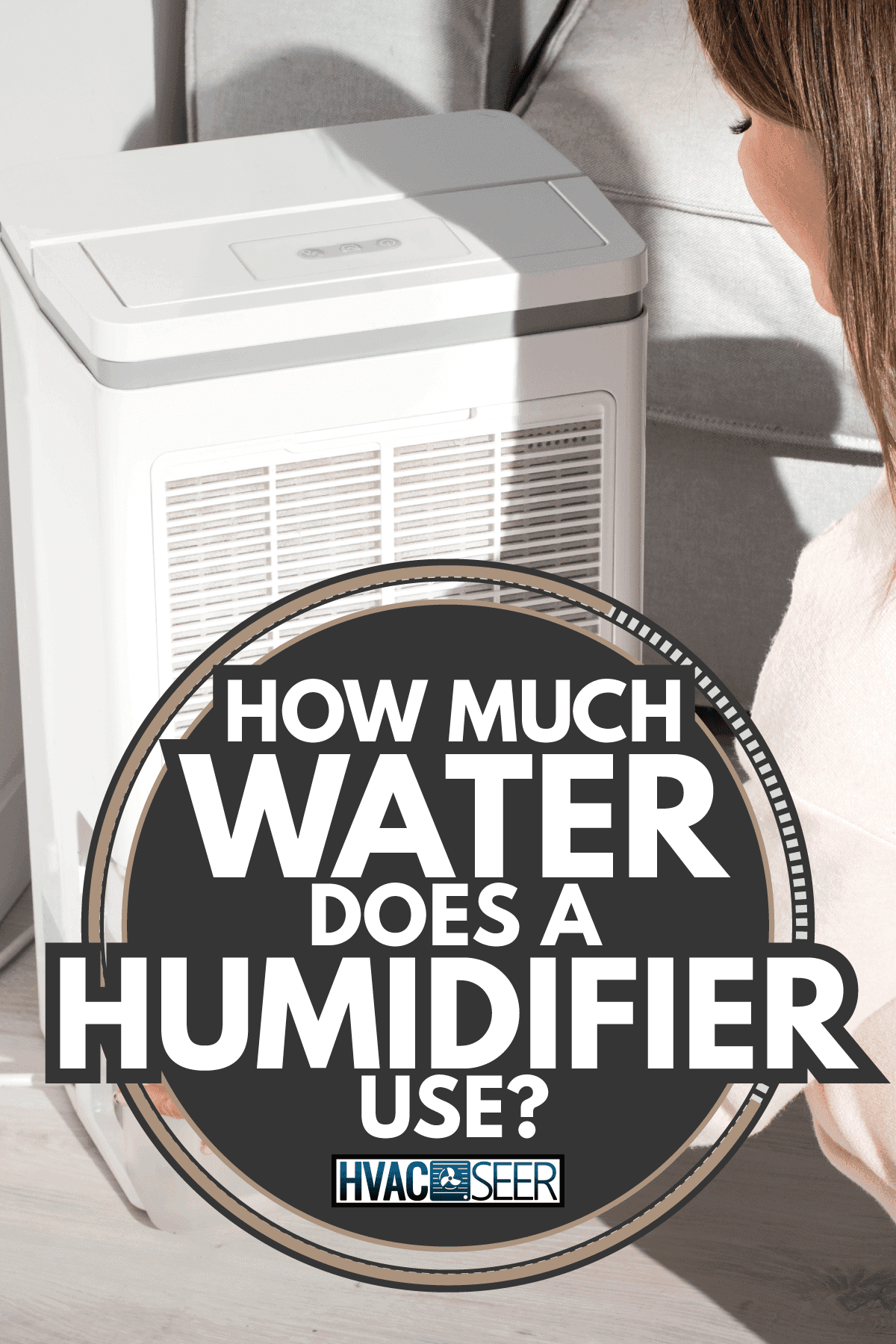
Types Of Humidifiers & Water Capacity
Before you start getting concerned about the number of gallons of water humidifiers use, you need to identify the humidifier you'd like to use in your home. Modern-day technology has helped create water-efficient and energy-saving humidifiers.
Humidifiers are classified into five types and vary in size. These types of humidifiers include:
- Ultrasonic
- Evaporators
- Impeller
- Steam vaporizers
- Central humidifiers
Humidifiers can expel warm or cool mist, depending on the technology they are using. They use ultrasonic or evaporative technology to humidify the room or the entire house.
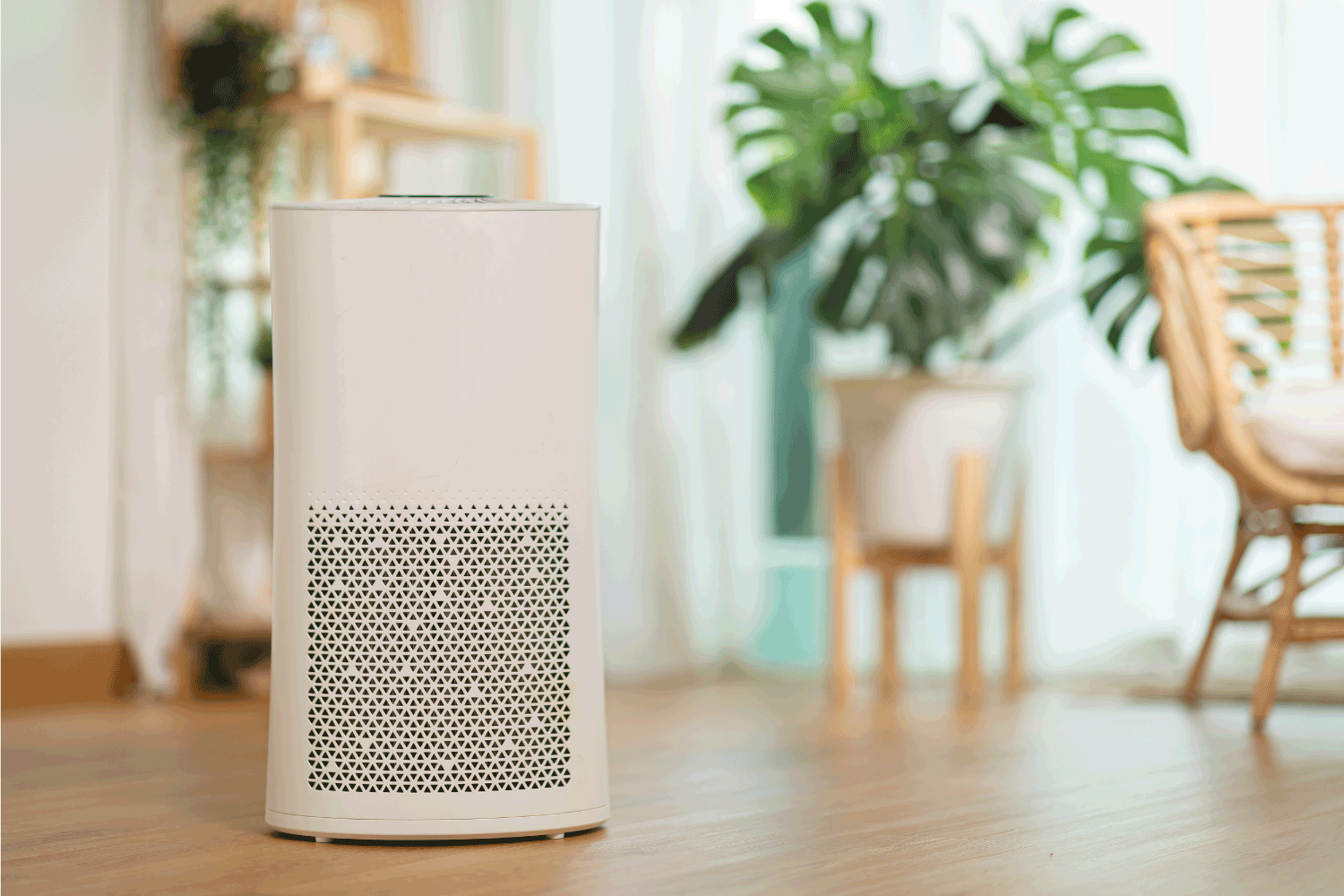
Ultrasonic Humidifiers
These are humidifiers that come in several sizes. Ultrasonic humidifiers can release warm or cool mist into the air using ultrasonic vibrations. The mist released can be in form of droplets which easily increase the amount of moisture in the air.
Ultrasonic humidifiers can use 1.5 gallons of water in a day. Their portability and cool mist feature make them popular with homeowners with toddlers and children.
Check out this Ultrasonic Humidifier on Amazon.
Evaporators
Evaporator humidifiers work like any other humidifier, but they have additional fans that blow the moist air around. The fans speed up the process of adding moisture into the air.
Evaporators are affordable and can be placed in any particular room you wish them to occupy. Larger evaporators are used to moisturize the entire house. They can encompass up to 2,700 sq. ft. with a capacity of 6 gallons. Once the desired humidity level is reached, they shut off automatically.
Have a look at this Evaporator on Amazon.
Impeller Humidifiers
The impeller humidifiers cool the air using a diffuser. The moisture creates a fog while circulating the room. The misty air is very humid. They are also known as cool mist humidifiers.
Impeller or cool mist humidifiers are portable and work quietly around the house. They can use as little as 1 gallon of water for 300 sq. ft.
Check out this Cool Mist Humidifier on Amazon.
Steam Vaporizers
As the name indicates, this humidifier uses steam to humidify a room. The electrical heating element heats the water and expels steam into the air.
In steam vaporizers, you can add inhalants that can't be used in regular humidifiers. They use 1 to 1.5 gallons of water overnight. Steam vaporizers are very popular during the flu and allergy season. They are safe for both children and adults.
Here's a Steam Vaporizer on Amazon.
Central Humidifiers
Central humidifiers are connected to the central heating and air conditioning system of the entire home. Using vapor, they moisturize the air in the house. Central humidifiers are part of the plumbing system and are cost-efficient when used in large homes.
When keeping the moisture in the house optimal, they use a sufficient amount of water. Central humidifiers are rather expensive and could use 4 to 18 gallons in a day depending on how many rooms are in the home.
Have a look at the Central Humidifier on Amazon.
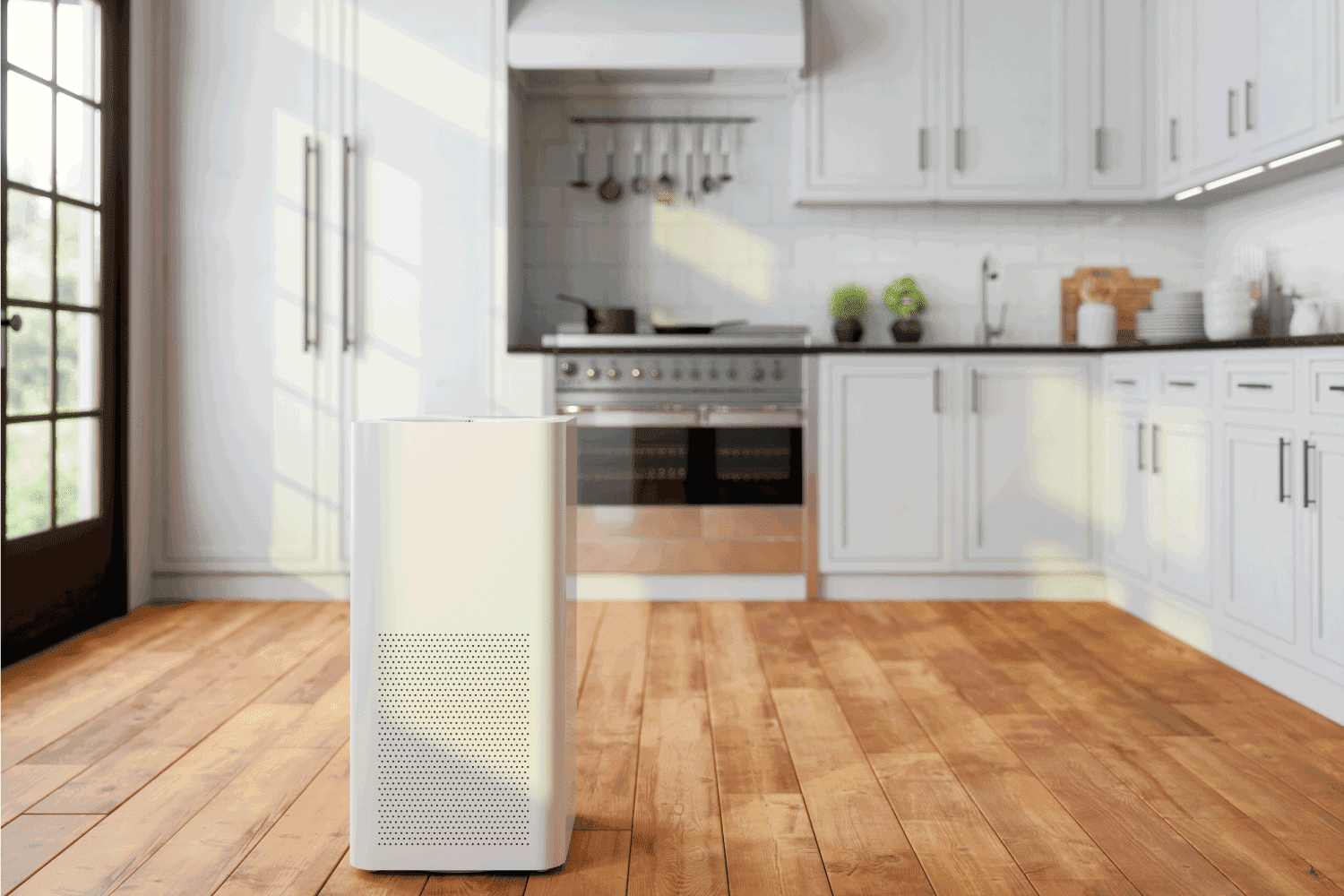
Can You Use A Humidifier Without Water?
Most humidifiers have an automatic switch that turns off once the tank doesn't have water in it. Humidifiers that use fans could continue working even after the water runs out.
Those that don't use fans can't be used without water. They might not start when switched on. In cases where the humidifier runs out of water when it's running, it will blow out hot air and overheat.
Overheating might melt the plastic parts of your humidifier and cause a fire in the home.
Note: Keep an eye on any electric appliances around the house.
How Often Should I Add Water To My Humidifier?
Ensure that you add water daily to your humidifier. If you skip a day without using the humidifier, throw away any water left in the tank. Replace with fresh water before using it. Changing water will avoid any growth of mold, which is dangerous when blown into the air.
Don't overfill the water tank of your humidifier. Ensure that you put the indicated amount of water to avoid spilling on the floor.
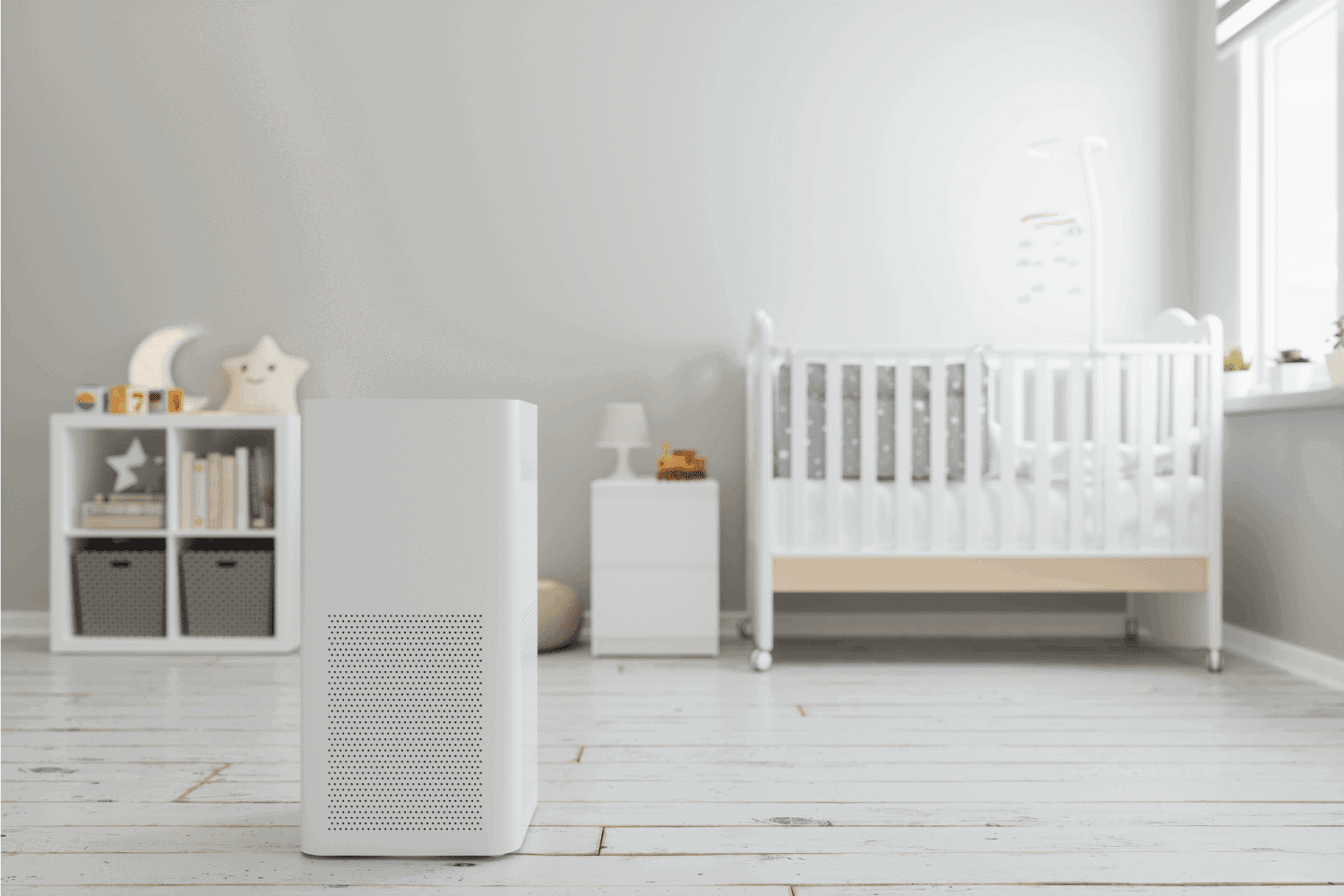
How To Use And Maintain A Humidifier
Using and maintaining a humidifier is straightforward. The dos and don'ts are vital for your health and overall hygiene in the home.
Dos
- Use clean filtered water in the humidifier always. Purified and treated water from algae and bacteria is the best for any humidifier.
- For the unit to function properly, keep windows in the home closed when using a humidifier.
- Clean your humidifier thoroughly every one or two weeks. Health experts recommend using undiluted white vinegar and rinsing with clean water in the tank.
- Place the humidifier in an open space away from curtains and furniture.
- Unplug the humidifier from the socket when not in use.
Don'ts
- Never use unfiltered tap water for your humidifier. The tap water will leave a residue in the tank when heated. The residue shouldn't be disbursed in the air because it can irritate allergic persons.
- Avoid leaving water in the water tank where bacteria and mold can multiply. This can worsen any allergies.
- Don't allow humidity levels to rise too high in the house. Mold and mildew thrive where there's excessive humidity. Ensure that you keep the humidity levels between 25% to 40%. A hygrometer will help check the levels of humidity.
- Never use a humidifier in very humid areas.
Cleaning A Humidifier Step-By-Step
Manufacturers provide manuals on how to use and maintain a humidifier. Check your user manual always. Regardless of the size of your humidifier, you should keep it clean. A clean humidifier will enhance the overall hygiene of your home.
Here are easy-to-follow steps on how to clean any humidifier you have in your home:
- Start by unplugging and disassembling the humidifier completely.
- Remove the water tank and empty it, if there's any water in it.
- Put 2 cups of undiluted white vinegar into the water tank. Shake it around to get to all parts of the tank. You can dilute the vinegar with water.
- Rinse out the vinegar thoroughly with clean filtered water.
- Remove the filter and clean it with plain water. Never use detergents because residues might remain on them and turn to fume when you start the humidifier.
- Change the water filter, if it's damaged or old.
- Wipe any dust on the surface of the humidifier.
- When everything is clean, assemble the humidifier back and put clean filtered water.
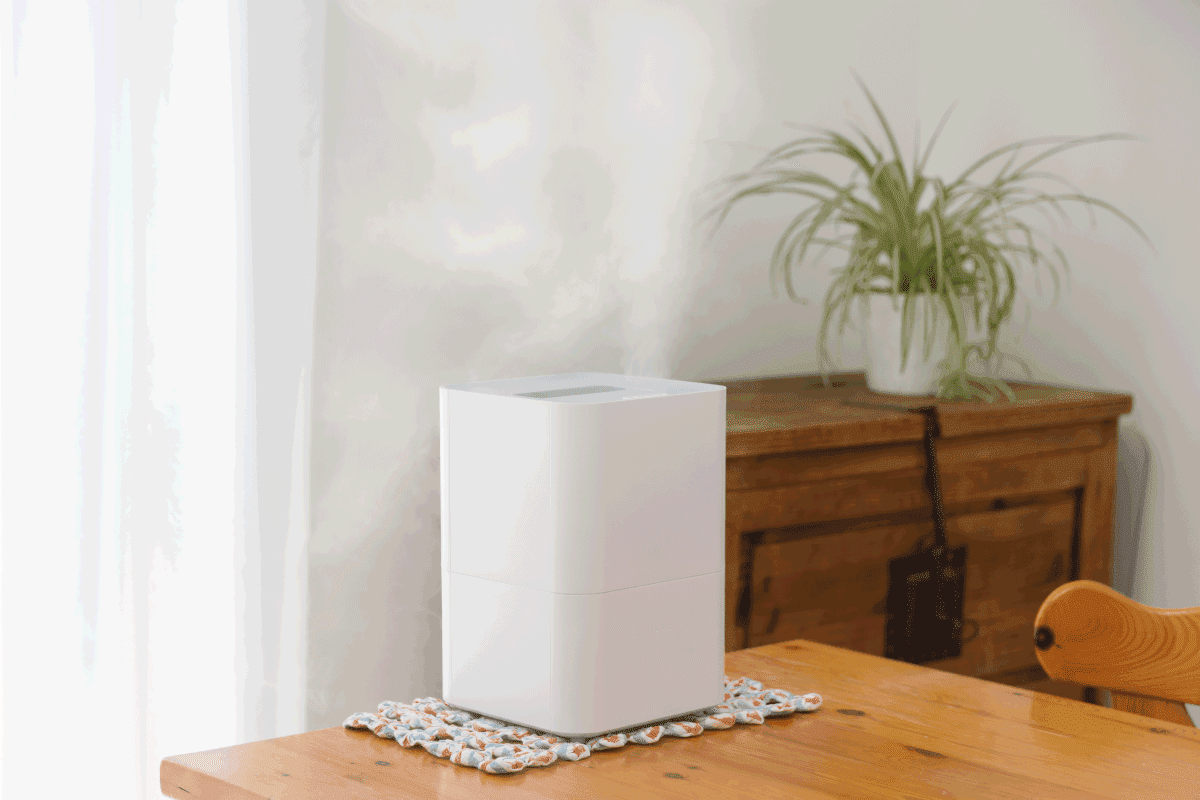
In Closing
Humidifier units don't use a lot of water even when used for long hours. They are also cost-efficient and durable. Proper maintenance of any unit will benefit you, especially as humidifiers are essential in homes and help alleviate dry skin, dry coughs, and allergies.
Before you go, check out these posts on other appliances:





